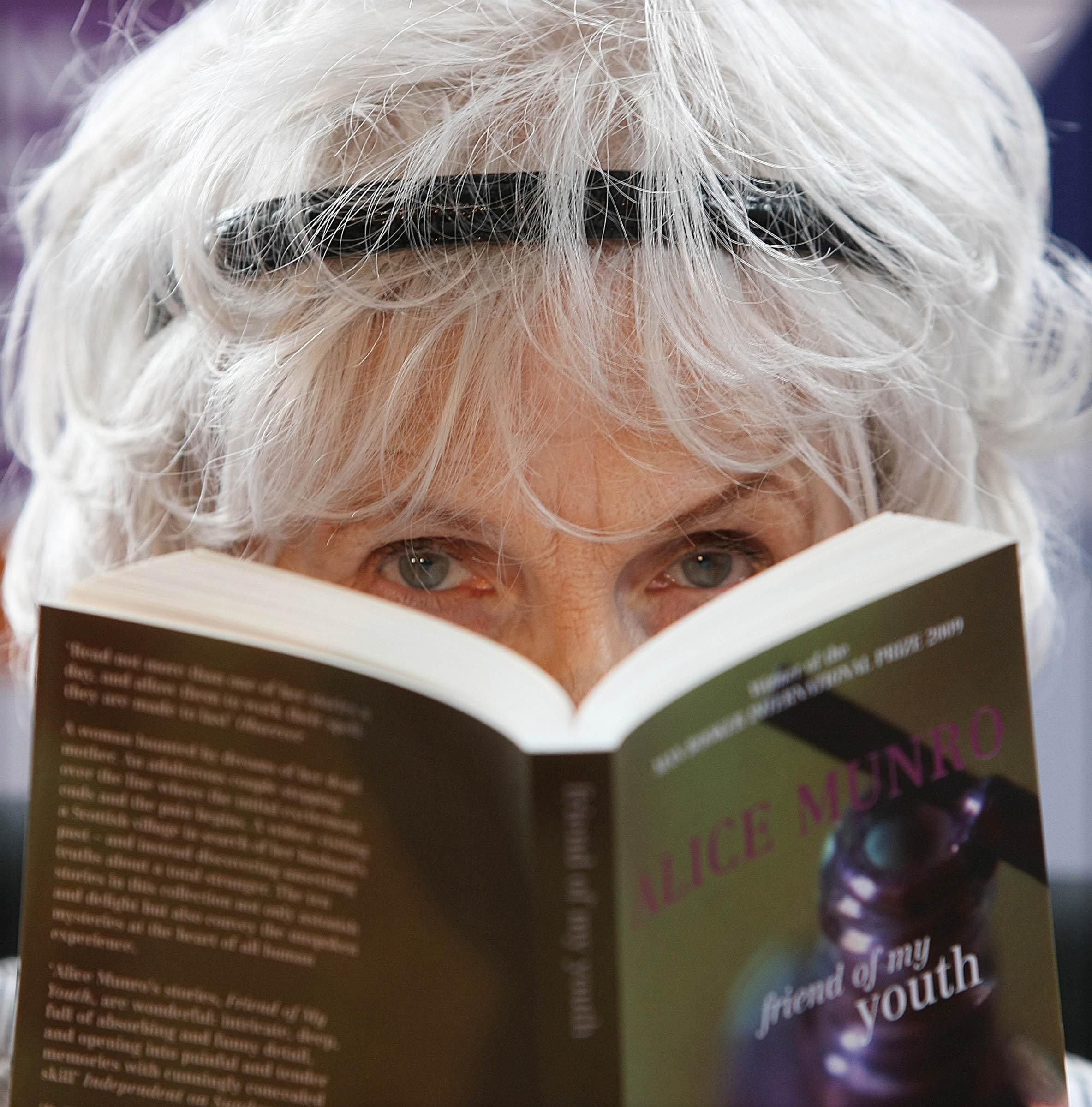There is something definitive, exciting, extremely powerful, in what makes you a writer. It is something imperceptible to the rest, but so revealing to you that it is as if it illuminates another self. A self that until now had remained waiting, a someone who was you and at the same time you were not, a otherThe I brave, determined to take command to rewrite what you see and don’t like. Alice Munro, who died this Monday at the age of 92, did not go to collect her Nobel Prize. That Nobel Prize who elevated the story—or the miniature novel: Munro was a goddess from the construction of worlds in just a few pages—to the place it deserves, the dimension superior in which it is never placed, and allowed the rescue of authors, geniuses, who had not been appreciated to their fabulous extent at the time – like Lucia Berlin, like Grace Paley, like Amy Hempel, like Edith Pearlman – and opened doors to those who would come later—from Samanta Schweblin to Anna Starobinets: suddenly the story matteredand for once, the story written by a woman also—.
But he said that Alice Munro did not come to collect her Nobel. There was, therefore, a speech in which, probably, there would have been rebuilt herself, and would have reconstructed her universe, as she did in her stories. Because what remains of her is not only herself, but everything that grew around her. Every reader of Munro knows how complicated it was to run a fur farm—like the one his father had—during the Great Depression, knows the secluded family home, and what it was like to have to take care of a sick mother as a child, get married, and having children too soon; She knows a lot about guilt, and trying to learn to forgive yourself. But do you know what happened? There was an interview, and in that interview Munro talked about a story by Hans Christian Andersen. A story unfair for the then barely child Munro, who in no way could sleep peacefully thinking that that story ended like this. Guess what she did? She invented a new ending for him.
The story was The little Mermaid. Alice Munro was so little that she didn’t even read it. They read it to him. And when she finished, she thought that it was not right at all that that girl suffered so much to anything. That she would lose her identity—the mermaid tail—and his entire world to end drowning. Because in the story, the little mermaid didn’t even get the boy. He didn’t get anything. And didn’t she deserve it? The writer said in that interview that she got so angry that she went outside and began to imagine an end. betteran end feliz for that fish girl. It seems that she did nothing for the rest of her life but seek some kind of closure. better to everything he saw and lived. She locked herself up in small houses—that’s what Sara Mesa says about her stories, which are like casas, which move through rooms; That’s what Munro wanted them to be, in reality, entities alive that they told, in some way, to themselves—worlds that without her, without her brave self, would never have existed like this.
Subscribe to continue reading
Read without limits
_

